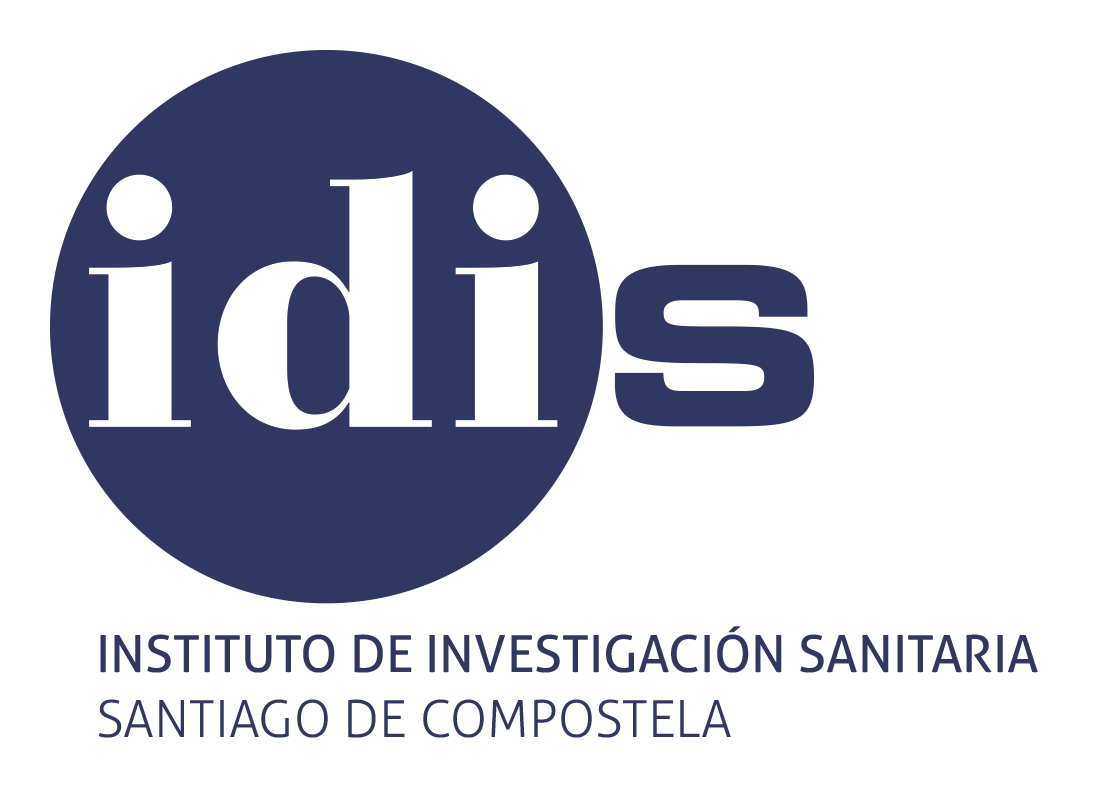Spin-offs
Spin-offs are business initiatives promoted by IDIS researchers, and which are created to exploit new processes, products or services based on knowledge or technologies arising from IDIS research activity.
The creation of spin-offs generates advantages for the different agents in our environment involved:
- The research/entrepreneurial staff can continue developing the technology that was generated in IDIS until it becomes a final product, attract financing to promote the project and obtain economic returns from the process.
- IDIS promotes the transfer of research results to society by generating products and services that respond to demanded needs, and can obtain economic returns from the license of technologies that revert to the financing of new research.
- The Company benefits from services and products that respond to health needs, as well as from the qualified jobs generated by the spin-offs, and the taxes they pay.
Diversa
DIVERSA is a company specialised in providing solutions to promote access and development of new medicines. Thanks to our patented technology for the release of drugs and biomolecules, we can solve those problems that prevent their progress towards the clinic, one of the main ones being the difficulty in accessing their target, mainly when it is inside the cell. Our business model contemplates three verticals, on the one hand, and in order to favor access to our technology to the entire research community, we sell very easy-to-use kits through international distributors. On the other hand, we offer tailor-made services for pharmaceutical and biotechnology companies that have candidate molecules that they need to formulate. And lastly, we work on our own development of nanomedicines, in three therapeutic areas of interest, to solve unmet medical needs.
FlowReserve
FlowReserve is a spin-off of the Servizo Galego de Saúde and the University of Santiago, also owned by leaders in the fields of Cardiology and Physics. The innovative product is a digital report with indicators of personalised medicine in cardiology, offering non-invasively, from the CT image, values such as FFR and other indicators to support diagnosis and treatment decision-making for patients with ischemic heart disease. The value of the FlowReserve proposal involves significant cost savings, improved quality of life and reduced hospital pressure.
Nasasbiotech, S.L.
Biotechnology company that develops clinical solutions to improve the diagnosis, prognosis and treatment of cancer. It was established in 2014 as a result of a biomedical research project developed at the Translational Medical Oncology Laboratory of the Santiago de Compostela Health Research Institute (IDIS).
Qubiotech, Health Intelligence, S.L.
Dedicated to the development and marketing of software for advanced medical image processing. Qubio was founded in December 2014, from the transfer of a Positron Emission Tomography (PET) image quantification algorithm, developed by the Nuclear Medicine and Molecular Imaging Research Group of the Health Research Institute of Santiago de Compostela (IDIS).
LincBiotech, S.L.
Dedicated to the development of innovative solutions for better clinical management of patients suffering from highly prevalent neurological diseases such as stroke and Alzheimer’s disease. It was established in 2017 as a result of an algorithm developed by the Clinical Neuroscience Research Group (LINC) of the Health Research Institute of Santiago de Compostela (IDIS).
bFLOW, S.L.
bFLOW offers microfluidic solutions through the design and manufacture by laser technology of a chip with microchannels on which cell culture can be carried out and to which a flow simulation is applied. In preclinical research, this technology allows molecules and drugs to be tested in conditions very similar to those of a living being, so that, when used before passing the test on animals, it allows the best candidates to pass that test to be identified, reducing and rationalizing thus research time, experimental costs and number of experimental animals. It was established in 2020 as a result of research carried out by the Cardiology Research Group of the Health Research Institute of Santiago de Compostela (IDIS).









